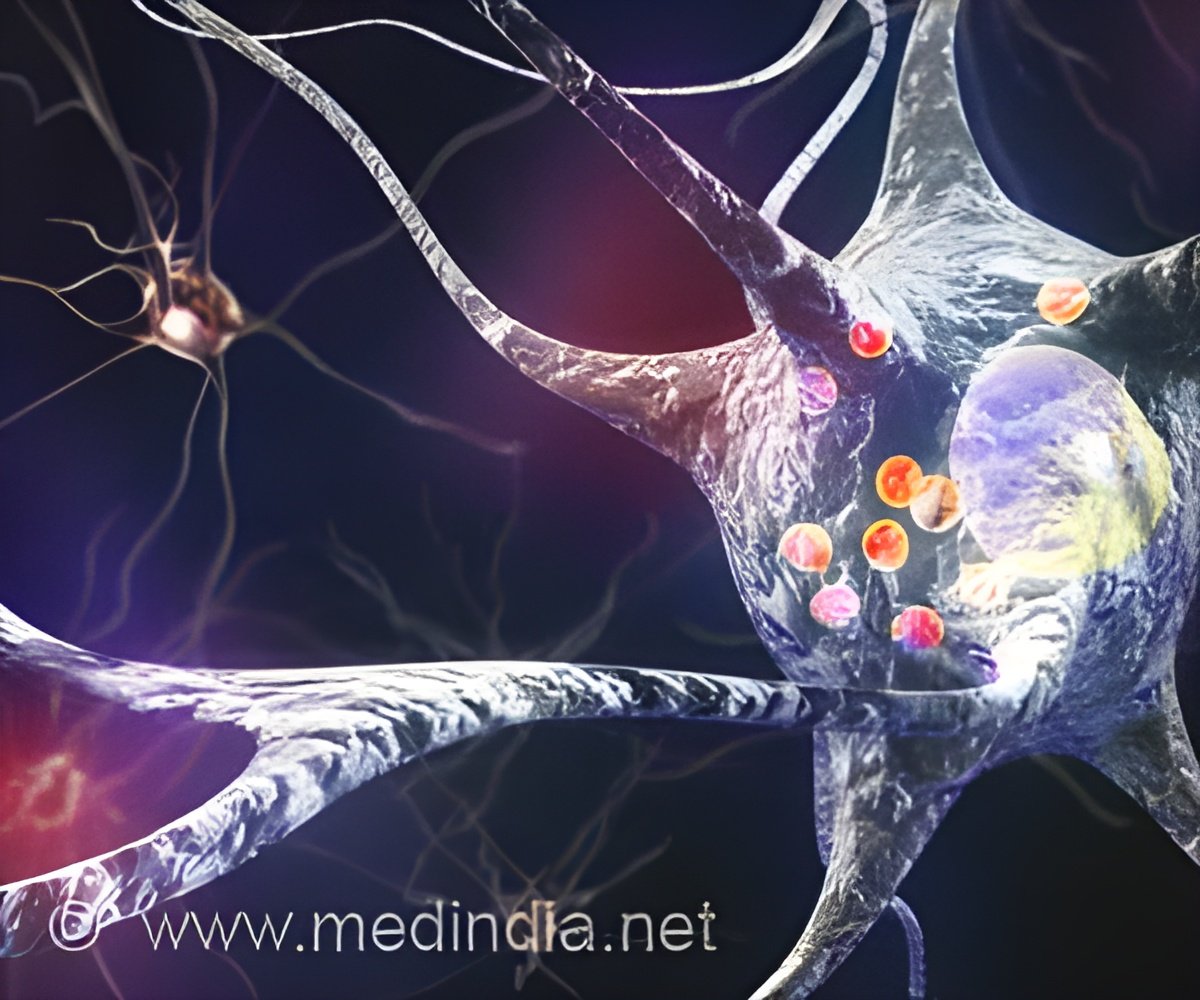Abnormal brain activity associated with Alzheimer’s disease, autism, and epilepsy may be prevented by reducing the tau protein.

‘Abnormal brain activity associated with Alzheimer’s disease, autism, and epilepsy may be prevented by reducing the tau protein.
’





Hence, inhibitory cells/neurons tamp down the excitation to maintain balance in the brain. This balance between the activity of excitatory and inhibitory cells is critical to preserve a normal brain function. Tau Proteins and Brain Networks
The present team found that reducing levels of the protein tau might make it harder for the brain to burst with overexcitation.
“Epilepsy can be associated with many brain disorders, including Alzheimer’s disease and autism. We previously showed in mouse models that reducing tau levels makes the brain more resistant to epilepsy of diverse causes, but we have puzzled about the underlying mechanisms. Our recent findings shed light onto how tau reduction affects different types of brain cells involved in creating abnormal network activity,” says Lennart Mucke, MD, director of the Gladstone Institute of Neurological Disease and senior author of the new study published in the journal Cell Reports.
Further to this, the reduced effect of tau proteins on brain networks might improve the brain’s ability to perform its functions, especially when the brain networks are disrupted by diseases.
Advertisement
Source-Medindia















